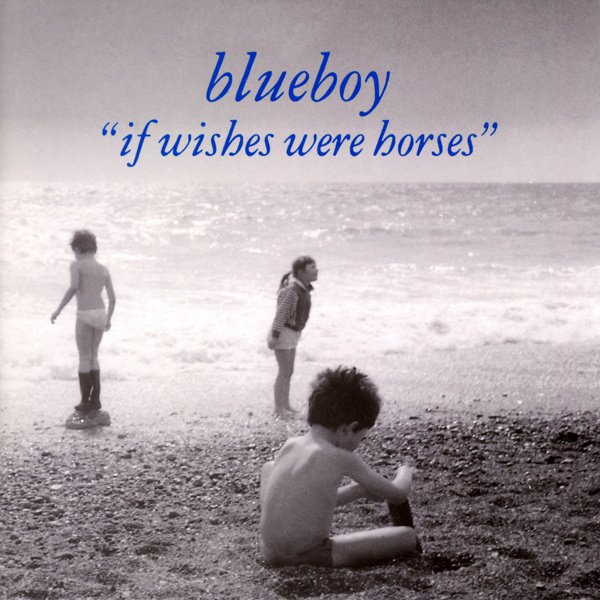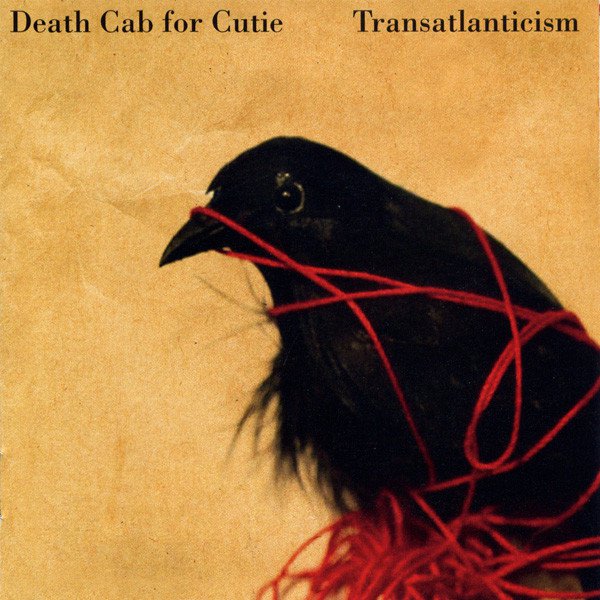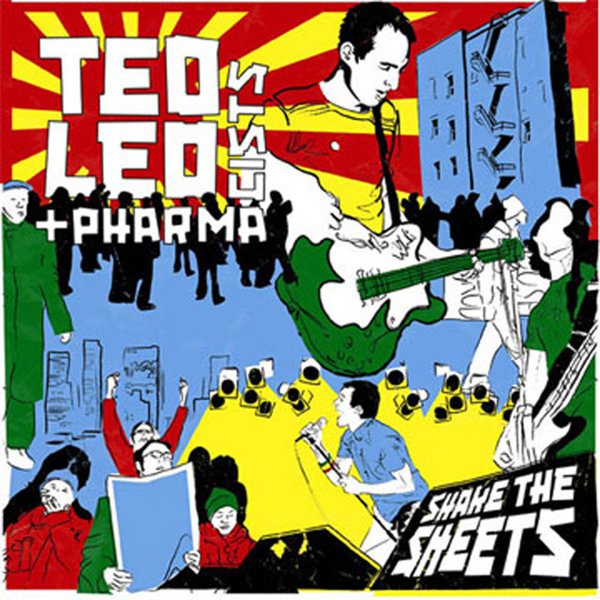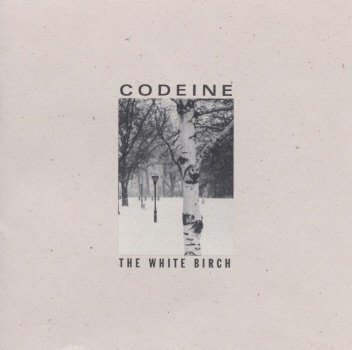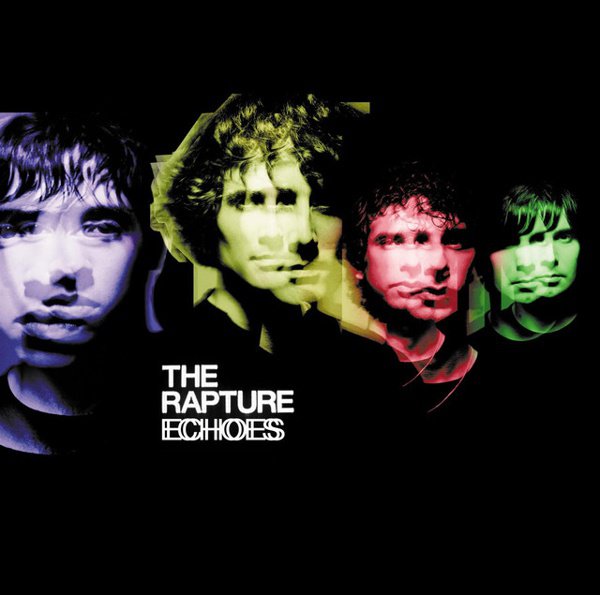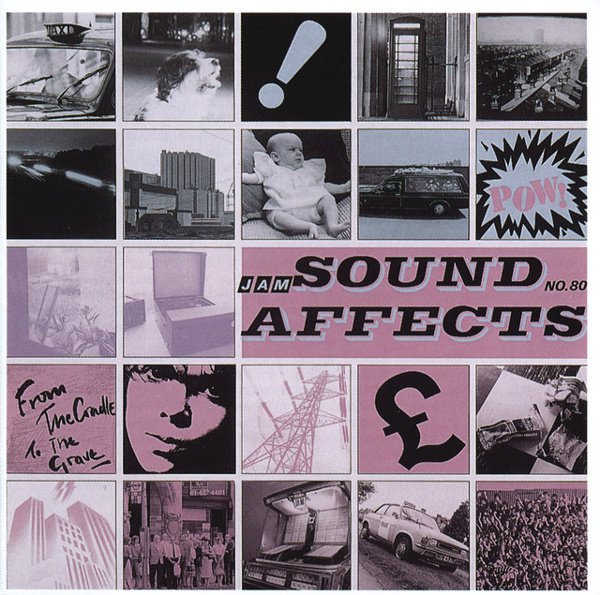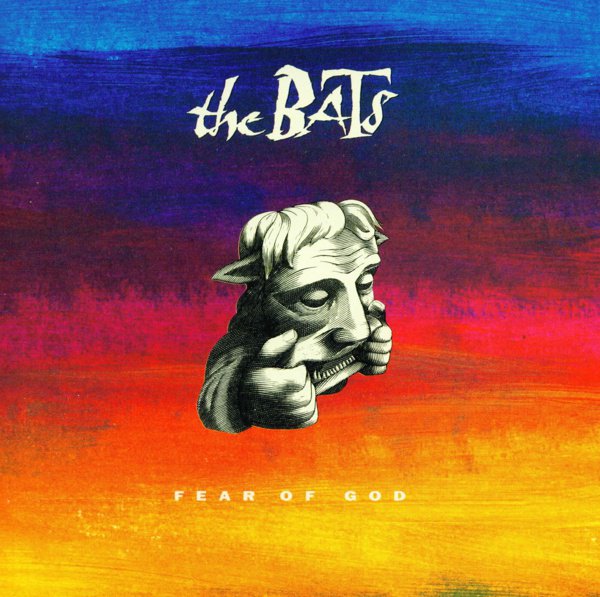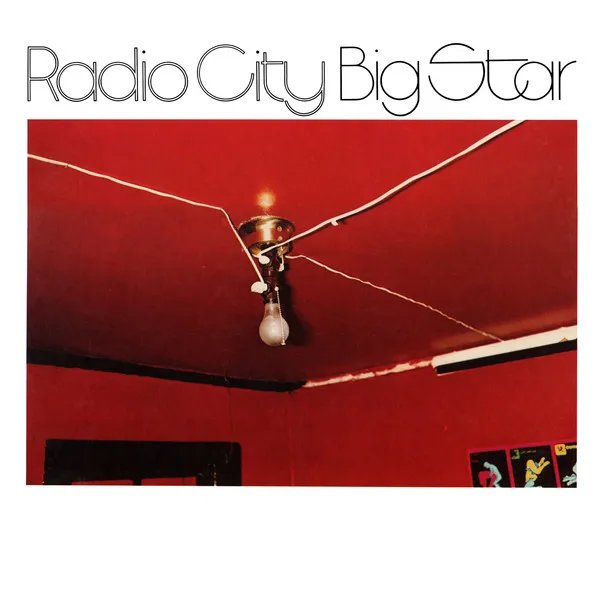
Recommended by
Radio City
The second entry in one of rock’s brightest-burning three-album runs is haunted on all sides — by its name-making predecessor #1 Record, by the tortured genesis and pained revelations of its barely-finished successor Third/Sister Lovers, and by the massive gulf between enthusiastic acclaim and commercial success that Radio City itself was subjected to. (Ardent’s parent company Stax being locked into a terrible distro deal meant demand would’ve outpaced supply, even if rock critics were the only ones interested in buying it.) Beyond all that, Radio City is also haunted by Chris Bell, the disillusioned departing member whose contributions to “O My Soul” and “Back of a Car” — the two most compellingly (if ambivalently) upbeat songs on the record — were downplayed and stripped of his credit by Alex Chilton after the fact. If all those turns of events, ranging from disappointing to out-and-out tragic, put a certain weight of melancholy on Radio City, it’s a mood that’s met, occasionally refuted, but otherwise remarkably refracted on a record that takes a kaleidoscopic view of young, romantic ennui. If the animating drive is hard-learned, cynical lessons in empathy-gap detachment (“You Get What You Deserve”) or a sheer negation of a bitterly severed relationship (“Life is White”), Chilton’s plaintive voice jabs every raw nerve that the words expose to vulnerability in the first place. And even the declarations of love, or at least fascination (“Way Out West”; “She’s a Mover”; “I’m in Love With a Girl”), are run through with a sense of uncertainty and anxiety — I didn’t know this could happen to me, sings a man upon concluding an album cataloguing everything he was afraid would not only happen to him, but never stop happening. Radio City did this all with some of the most potent power pop ever recorded — potent because it still believes in the rhythmic pulse and naked emotion of soul as important to rock as instant-party riffs, and because both of those things could still, in their hands, sound just strange enough in their pop-scholar breadth to popularize a whole new dialect.

